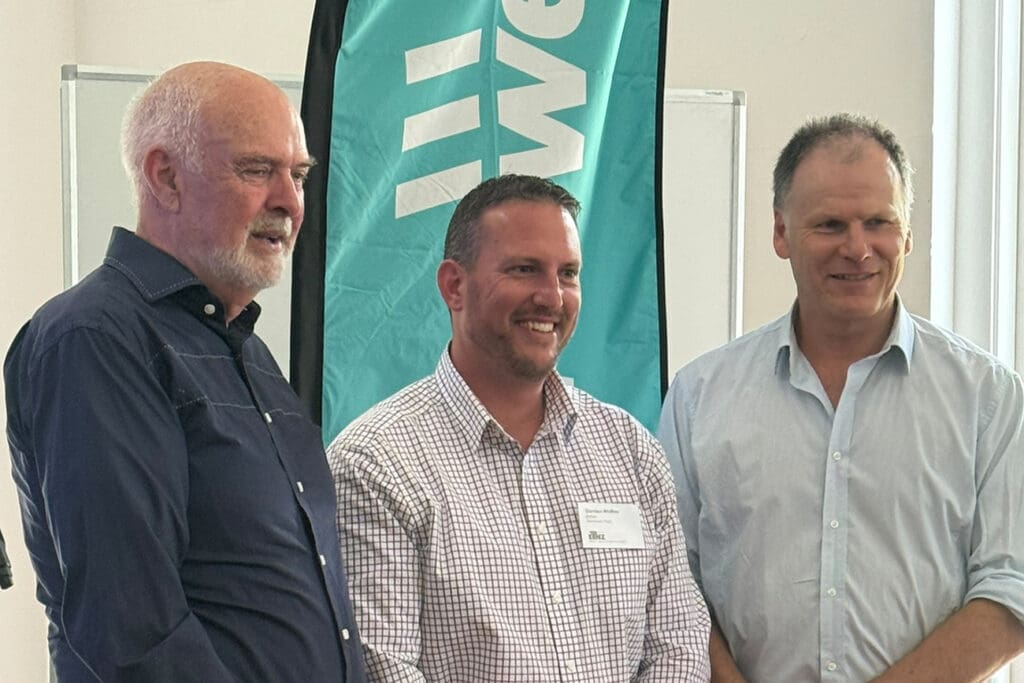A spate of vehicle vs power pole incidents has prompted North Canterbury lines company MainPower to remind drivers to take extra care when the temperatures drop and roads become slick. Icy conditions and poor visibility has led to a spike in vehicle collisions with electricity poles, with four separate car vs pole incidents occurring within just three hours recently.
“These crashes aren’t just inconvenient. They’re costly, dangerous, and disruptive,” Damien Whiffen, Acting Chief Executive of MainPower says.
“Each pole replacement can cost anywhere from $10,000 to $30,000 or more, depending on the type of pole. And that’s before you factor in the social cost.”
When a vehicle strikes a pole, MainPower’s crews are often the first on the scene, arriving before emergency services. In serious or fatal crashes, workers must wait for crash investigators to arrive, sometimes for hours, before repairs can begin.
A standard repair takes around five hours and involves a team of three or four ‘lineys’ or overhead workers, traffic management, and sometimes subsurface crews if the road or landscape is damaged. If a transformer pole is involved or multiple poles are affected, repairs can stretch to 10 hours or more.
Beyond the financial toll, these incidents can leave entire communities without power.
“Medically dependent customers may need to leave their homes to access life-saving equipment elsewhere.” Whiffen says. “Medically dependent customers should ensure they have worked with their electricity retailer and their healthcare provider to ensure they have an adequate No Power Plan.
“We really encourage everyone to have a No Power Plan. It’s similar to an emergency kit but on a smaller scale – and can be referred to during planned power outages as well as unexpected power cuts. You should know where your torch is, for example, and be aware of simple tips like keeping your freezer closed during the outage. A No Power Plan can save lives and greatly reduce the inconvenience of an outage.”
MainPower also reminds drivers that hitting a pole doesn’t absolve them of responsibility. Those involved are invoiced for the damage, and if they’re uninsured or driving under the influence, they may be personally liable.
“It’s not uncommon for drivers to flee the scene,” says Whiffen. “A recent crash on Powers Road – ironically named – took out four poles and power and services to multiple properties. The driver was long gone by the time our team arrived, so that cost to repair is now socialised across the entire network. That’s not fair or equitable for our community.”
Safety is paramount. If you hit a pole, stay in your vehicle until crews arrive. Downed lines can be deadly.
“Our crews work all hours, in all weather, to restore power quickly and safely,” Whiffen says. “They’re pretty legendary.”
With nine pole strikes last month – over double the usual rate – MainPower is urging drivers to slow down and drive to the conditions.
Because when a car hits a pole, the impact is felt far beyond the crash site.


